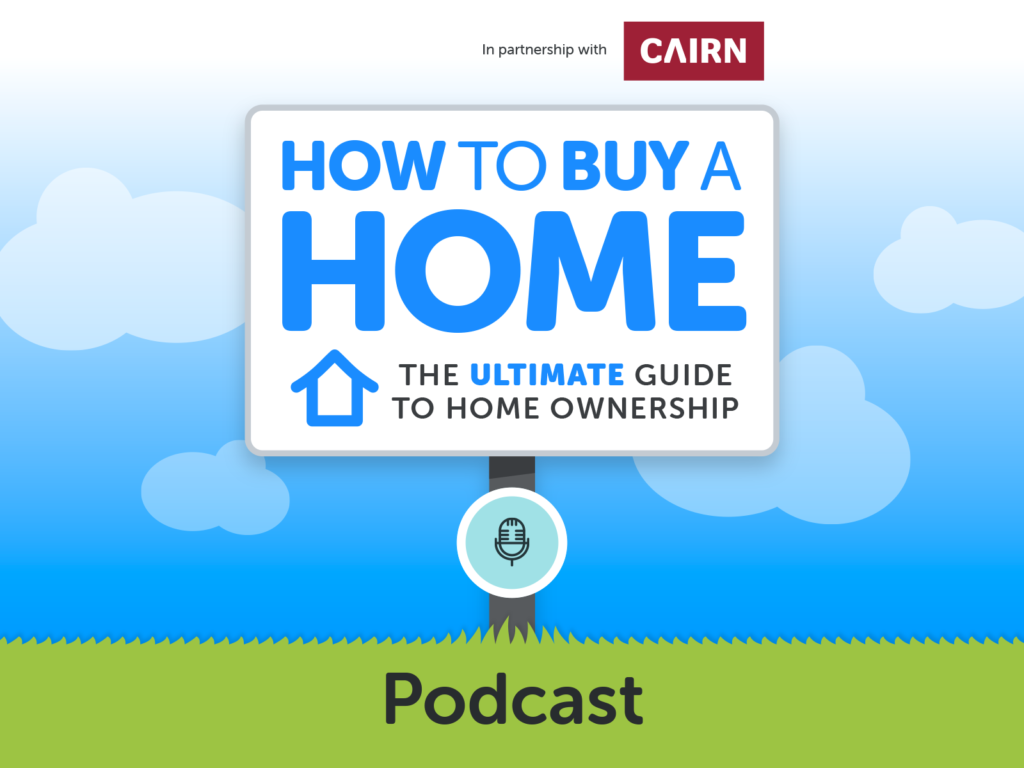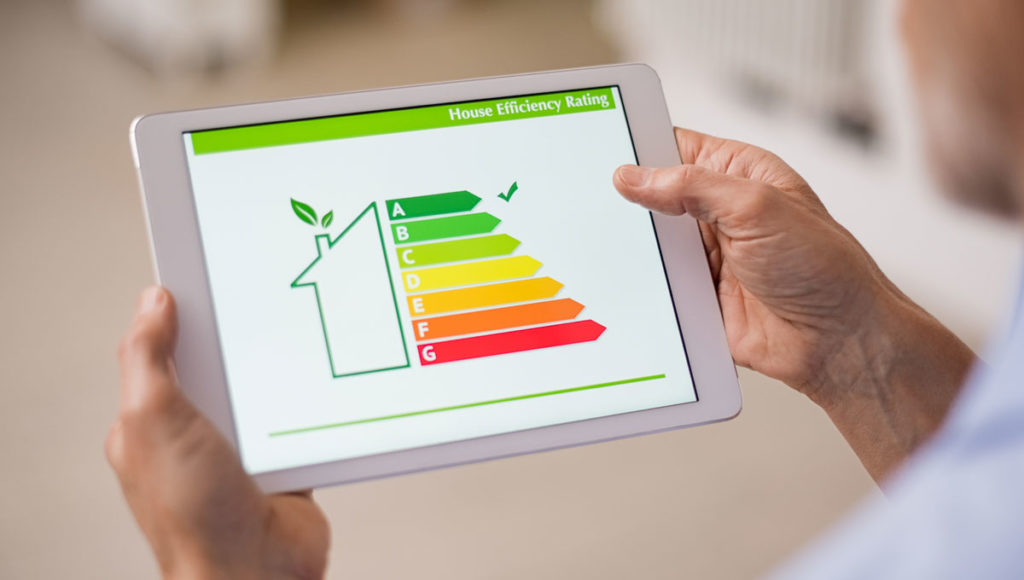The Irish mortgage market could certainly benefit from increased competition but of the lenders who are in the market there are clear differences in terms of the amount you can borrow across the different lenders.
All banks work under a framework of loan to income lending set out under Central Bank macro-prudential rules – what this means is that first time buyers can borrow up to 4 times ‘allowable’ income, for a second and subsequent buyer this multiple is 3.5 times income.
The key word is ‘allowable’ income, and each bank has different criteria to assess how much income they will take into account, in particular when it comes to variable income.
As such banks do not all lend the same amounts to mortgage applicant, it very much depends on credit policy around variable income or exceptions.
It is so important therefore to work with a broker who will offer market-based advice across all major lenders and who can explain what each lender will offer you in terms of mortgage amount and rate. Essentially doing the hard work of researching the best options for you based on your requirement.
Banks lend different amounts – Here’s an example …..
Taking a recent example of a couple seeking mortgage approval and who have now made their application and successfully received approval.
Their aim was to be able to purchase a new build home for c. €450,000. They were availing of the help to buy and had built up savings.
These applicants had quite significant variable income which for one of the applicants was shift allowance, overtime and the other it was bonus income.
The amount that they could borrow across the lenders ranged from €300,000 to €378,000. This is a huge gap, and the difference was due to credit policy and the assessment of the applicant’s variable income.
Can variable income be taken into account towards my mortgage?
Variable income is allowable for mortgage purposes if it is proven over multiple periods and if it is deemed sustainable.
The level of variable income that will be taken can vary by lender.
Some lenders will only take variable income into account if they can see it having been paid over the last three years by the same employer. Others will allow it if they can see a two-year track.
So, for these clients who returned from Australia and into their roles at the start of 2022 we could only show for two-year track. If a lenders policy was to take variable income if proven for three years, then 0 variable income would be taken into account as we could only show two years.
How much variable income will be taken into account for mortgage calculations?
The second element then is how much variable income can be taken? Some lenders will restrict variable income to 50% of the average variable income others will go right up to 100% of average variable income proven over two years. This again can have a very large impact on the income that is allowable for income multiple purposes.
The lenders that needed to see variable income for three years would only lend based on a flat gross basic income and disregarded variable income completely resulting in a €300,000 mortgage level being achievable when income was taken at 4 times lending as per standard Central Bank rules.
The lender that took a two-year average on variable income and 100% of this variable income into account approved the clients for €378,000 as a mortgage level.
Some other lenders were hitting a mortgage level of €339,000 by taking 50% of the variable income into account.
As such approvals range between €300,000 and €378,000 mortgage level depending on lender as the level of variable income, they take into account varies.
How much can I borrow if I get a mortgage exception?
The above figures are based on standard Central Bank lending rules but exceptions are also available to go above the standard 4 times income multiple on lending (or 3.5 times if you are second time buyer). However, lenders all differ in their application of exceptions.
Some lenders will not grant exceptions, they only lend at max 4 times allowable income. Other lenders will go to 4.5 times as an exception and others to 4.75 times.
Most lenders will issue an exception only when you are sale agreed on a property.
Whether you have variable income or not these exceptions can impact the amount you can borrow.
A key element is affordability
In addition to income a bank will always look at affordability and to assess whether you are currently demonstrating that you can repay the proposed mortgage. Your mortgage advisor guide you through this also.
Ensure you understand the mortgage level that is achievable
As you can see banks very much differ in terms of the approach to lending, they all have different underwriting policies which determine the level of income they will take into account for assessment.
If you go to one bank, they will tell you how much you can borrow based on their own policy only. A broker can explain what is achievable across all major lenders.
Advisors will try to meet your needs as closely as possible when it comes to how much you can borrow, what the best interest rate achievable is at that level and what other options you may require such as overpayment options, Green rates (lowest rates available), first home scheme lenders (not all lenders offer first home scheme mortgages), cashback offers etc.
It is extremely difficult to understand what mortgage might suit you best, it takes a lot of research. The role of your mortgage advisor is to find the best mortgage for you.
This article is reproduced with the kind permission of Doddl.
For more information visit www.doddl.ie
Suggested additional reading:
Useful Links:
AIMA | Association of Irish Mortgage Advisors
Compare personal loans - ccpc.ie





